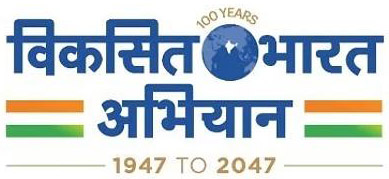







The National Education Policy (NEP) 2020 underscores the need for motivated, energized, and capable faculty in higher education. The capacity building for teachers at all levels is a key focus. Existing mechanisms, namely UGC-Human Resource Development Centres (HRDCs) and Pandit Madan Mohan Malaviya National Mission on Teachers and Teaching Centres (PMMMNMTT), have significantly contributed to training faculty. However, continuous professional development is essential due to the dynamic nature of teaching and learning. Hence, the Malaviya Mission Teacher Training Programme (MMTTP) has been re-launched by restructuring existing mechanisms to enhance the capacity and training of teachers/faculty. The mission aims to transform higher education by integrating Indian values and ethos into teaching, research, publications, patents, and institutional development.
